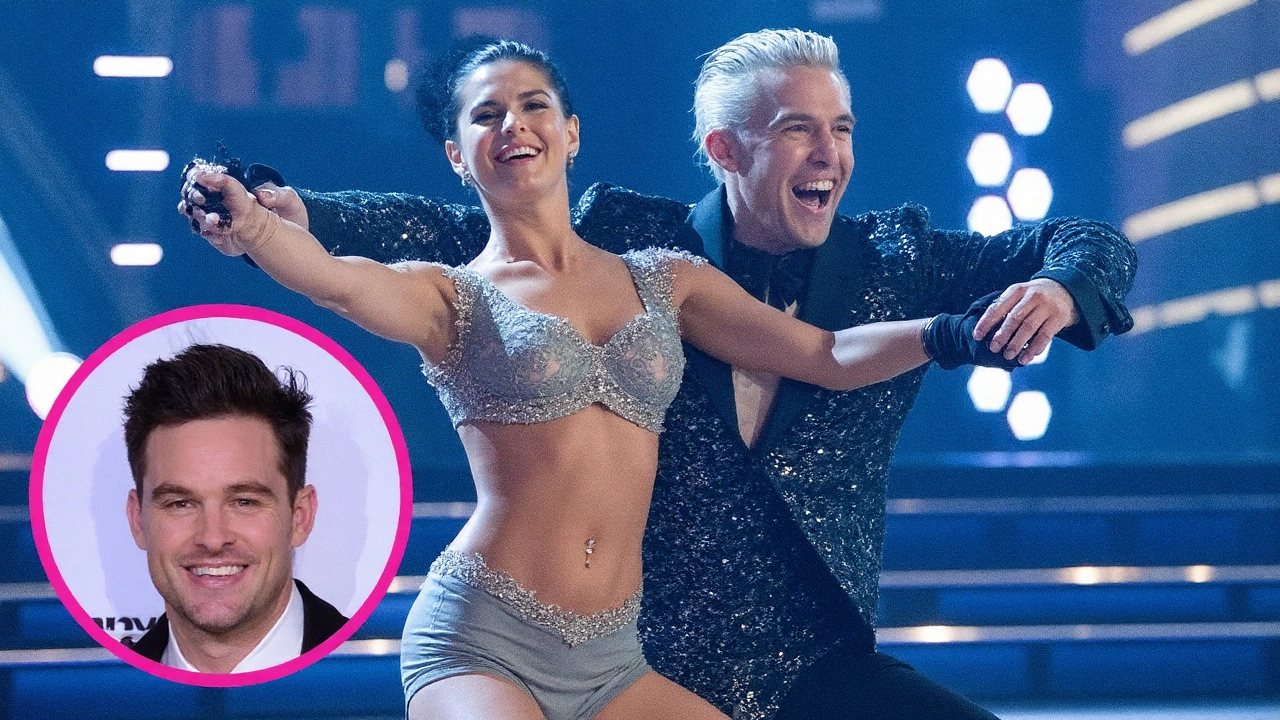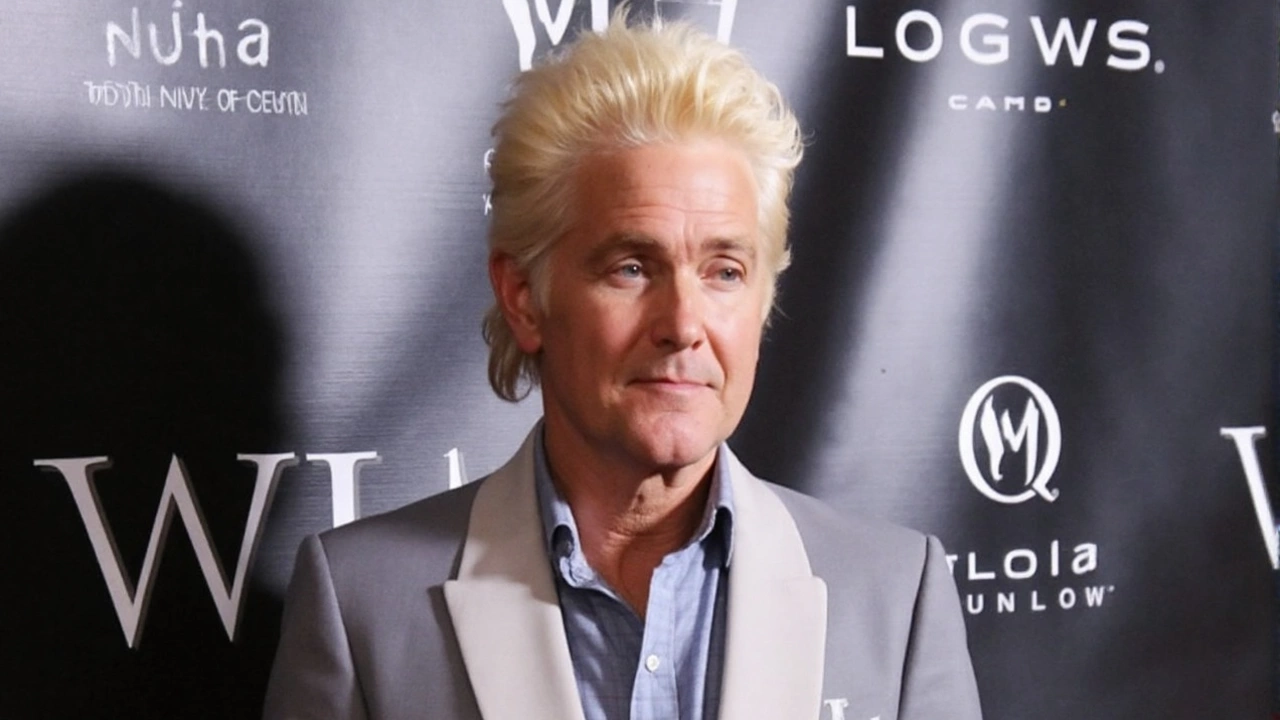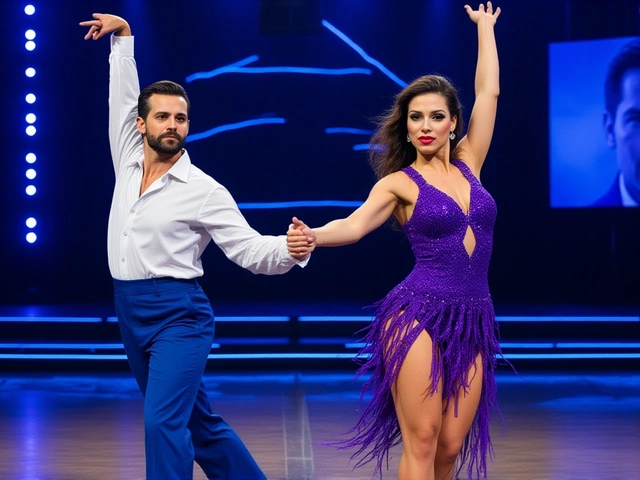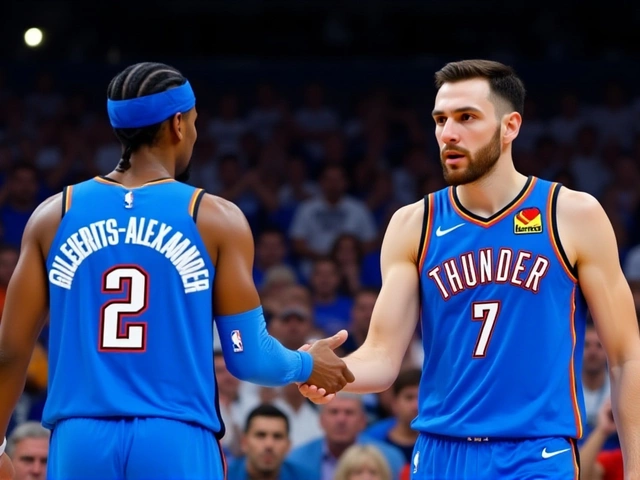Corey Feldman Talks Music, Acting and Perseverance on Modern Drummer Podcast

- Kieran Fitzpatrick
- 24 September 2025
- 0 Comments
From Drums to the Silver Screen
When Corey Feldman walked onto the stage of a Loserville Tour stop, most fans expected another electric set, not a deep‑dive chat about his early days in Hollywood. Yet the Modern Drummer Podcast, now in its eighteenth episode, turned the spotlight on the actor’s unlikely entry point into acting: his love of music. Host and CEO David Frangioni asked the question that has haunted many aspiring entertainers – “what got you through the door?” – and Feldman answered with a story that reads like a cross‑genre script.
Born into a family that lived on the fringes of the entertainment industry, Feldman recalls spending his childhood surrounded by rehearsal studios, recording gear, and the constant hum of neighborhood gigs. He started beating on makeshift drums at the age of five, and by nine he was already playing live shows in local clubs. Those early performances, he says, gave him the confidence to audition for roles that seemed out of reach for a kid with no acting résumé.
“Music was the ticket,” he explained. “When you’re on stage and you can feel the rhythm, you learn timing, you learn how to read an audience. Those are the same skills you need in front of the camera.” This mindset landed him his first small parts, eventually leading to the breakout roles that defined a generation – from the adventurous teen in *The Goonies* to the introspective boy in *Stand by Me*.
Feldman doesn’t sugarcoat the challenges either. He details long hours of rehearsal, the pressure to be perfect on cue, and the constant juggling act between school and touring. Yet he credits his musical foundation for providing a sanctuary during those stressful periods. “When the set lights went out, I could always pick up a drum and let the rhythm reset my brain,” he said.
Beyond the personal anecdotes, Feldman shares how his dual career has influenced his artistic choices. He talks about the way drumming has shaped his approach to pacing scenes, how the steady pulse of a beat can dictate the emotional arc of a character. In recent years, he’s even merged both worlds, incorporating live percussion into his stage shows and using it as a narrative device in new film projects.

Advice for Aspiring Musicians
Mid‑interview, Feldman shifts gears to address the thousands of listeners who might be dreaming of a similar path. His tone becomes mentor‑like, urging perseverance over perfection. “You’ll hit a lot of walls,” he warns. “The industry loves talent, but it also loves tenacity. Keep practicing, keep showing up, even when the applause is silent.”
He emphasizes the importance of versatility – learning multiple instruments, exploring songwriting, and even studying basic acting techniques. According to Feldman, a well‑rounded skill set opens doors that a single‑track focus might keep closed.
One of his most memorable pieces of advice centers on authenticity. “Don’t chase trends,” he says. “Play what moves you, write what you feel. Audiences can sense the difference between a manufactured hit and something that comes from a genuine place. That honesty is what builds a lasting career.”
Feldman also touches on the modern digital landscape, noting that platforms like TikTok and YouTube allow musicians to bypass traditional gatekeepers. Yet he cautions that visibility without substance can be a hollow victory. “Use those tools to share your voice, not just your image,” he advises.
When asked what keeps him motivated after four decades, Feldman smiles and mentions a simple gratitude ritual: each morning he spends a few minutes with his drum kit, just feeling the vibrations. “It reminds me why I started,” he says. “And it reminds me that as long as I can make a sound, I’m still doing what I love.”
The episode ends with Feldman thanking Frangioni for giving him a platform to speak candidly. He hopes his story will inspire anyone who feels stuck between two passions, proving that the line between music and acting isn’t a barrier but a bridge. Listeners walk away with a richer understanding of how rhythm can shape a narrative, and how a relentless love for the craft can turn a kid from a Hollywood suburb into a multi‑dimensional artist.


